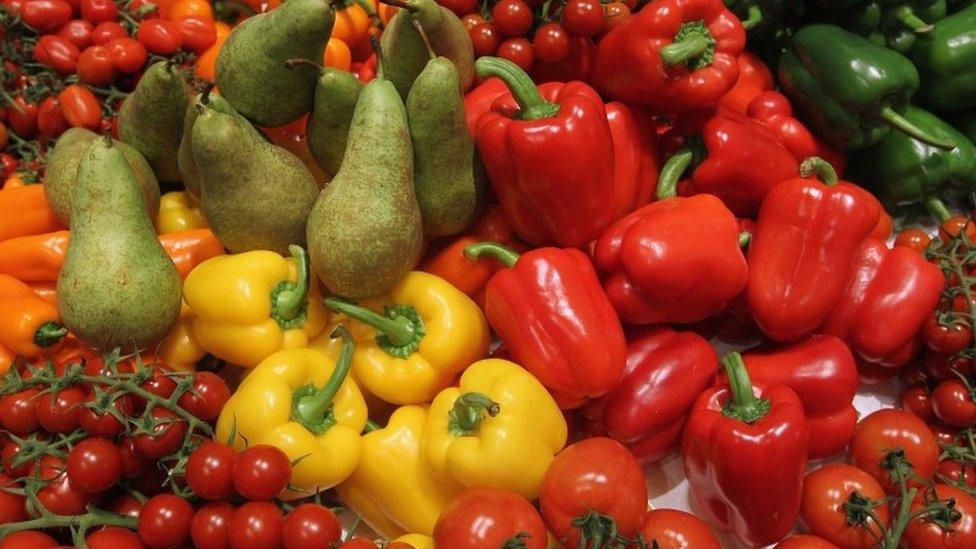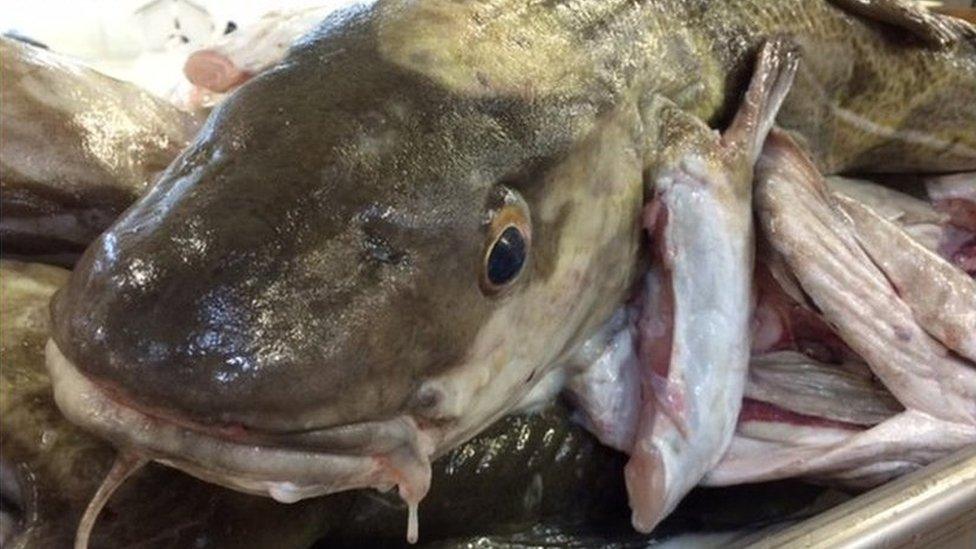Food industry tells foreign workers they are valued
- Published

The Food and Drink Federation has promised to support and reassure its "valued" European workers post Brexit.
Nearly a quarter of the present food industry workforce are from European countries outside the UK.
The Federation warned of "significant" challenges following the vote to leave the EU and criticised the government for its lack of planning.
The EU is the UK's largest market for exports of food and non-alcoholic drink, according to the FDF.
Ian Wright, its director general, described Brexit as the UK's "most significant peacetime challenge ever".
He said foreign industry workers needed to know they were wanted: "The immediate priority for those workers is to support them through this deeply unpleasant climate of 'anti-foreigner' sentiment and to provide them with speedy reassurance that their future here is absolutely secure and their contribution is valued and warmly welcomed."
He said he was deeply worried about access to the single market and EU workers, adding that many manufacturers would struggle to substitute existing EU customers for ones in other parts of the world because of differing consumer tastes and limited product shelf life.
Food security
The FDF represents over 6,000 businesses with a workforce of nearly 400,000.
At the Federation's first convention, Mr Wright said it was imperative that the industry had the ability to trade across the 27 EU nations without being impeded by tariffs if it was to remain competitive.
He said it was also important to increase productivity and to ensure regulatory stability.
The industry says it will need another 130,000 workers by 2024.
Professor Tim Lang, external of the City University Centre for Food Policy, has studied the possible effects of a Brexit vote on the industry.
He is dismayed by the lack of leadership coming from politicians and believes Brexit threatens the UK's "food security".
He said the drop in the pound will increase the cost of imports in the short-term and that agriculture had come to depend on EU immigrants.
"We rely on foreign labour to produce our food, to grow it, to process it and look after it in the factories and as I said in a tweet, are those who voted for Brexit now prepared to go and work picking Brussel sprouts, cabbages and lifting potatoes in Lincolnshire?" he said on Radio 4's Food Programme.
But Tim Worstall, a senior fellow at the Adam Smith Institute, believes food prices will come down because the British government will be able to decide its own import tariffs rather than having to follow EU rules.
He believes lessons can be learnt from farmers in New Zealand who lost most of their subsidies in the 1980s because of government budgetary cuts.
The majority managed to restructure their businesses, sought new markets, and returned to profitability after a difficult period of transition.
- Published1 June 2016

- Published1 July 2016

- Published24 June 2016

- Published21 June 2016
